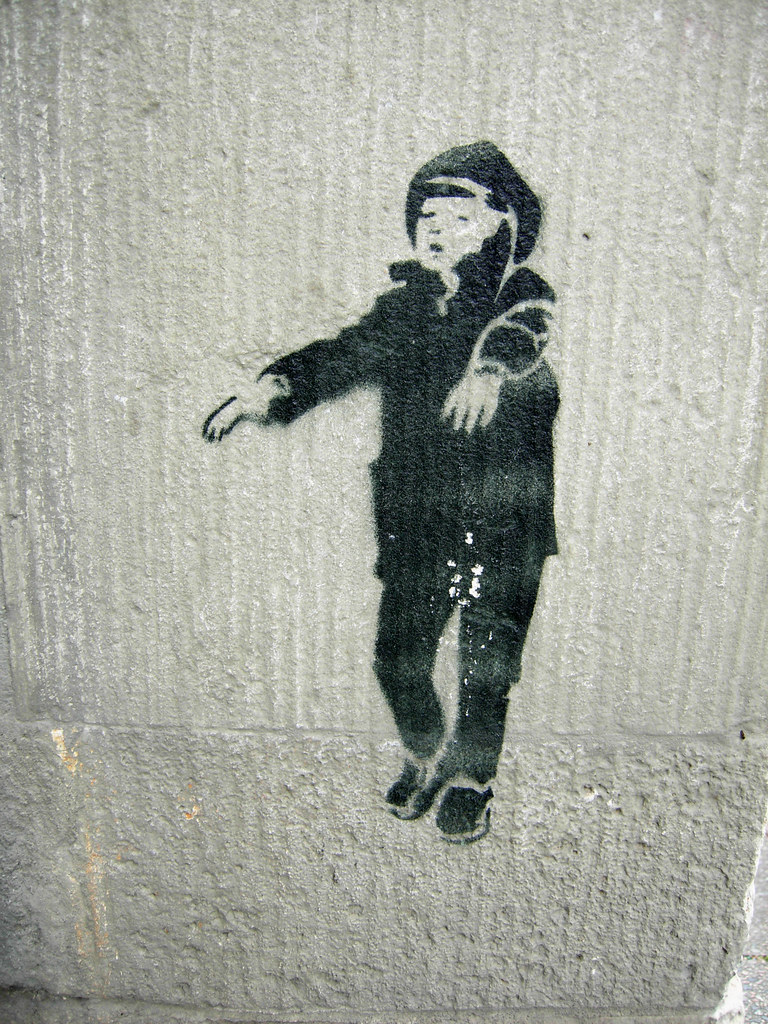I prefer the terms "vertical" and "horizontal." "Vertical" referring to inner growth, mastery of the self, growth that allows us to be less reactive to our environments, less conflicted and doubtful, more confident and present and loving. The spiritual. Internal peace and balance. "Horizontal" meaning outer growth--mastering our existence in the physical world, developing skills and talents, learning to care for ourselves and others, take good stewardship of resources, learning to get what we want and negotiate our way with others. Thriving in a material sense.
Nearly everyone alive is engaged in both of these forms of growth.
There are some extremes where people renounce one or the other. Nuns, monks, artists and recluses will give up the horizontal. No more attempt to survive and thrive in the world of people and things. All concerns focused on the relationship of the inner self to the Divine All. Then there are people who allocate time to inner growth only as a means to maximize material growth. Any self improvement is focused on maximizing material gain. I don't think I've ever met a person like this, but I believe they exist: people who renounce the vertical plane.
But the rest of us, Christian, new age, pagan, Muslim, atheist, Jew, etc. are concerned with both.
"Even as ye have done unto the least of these, ye have done it unto me" and "Love one another as I have loved you" equate well with the humanist ("secular") belief that because we are all born onto this planet together, and we have the ability to empathize with one another, we should treat each other as well as possible, just as we'd prefer to be treated.
There's a great parable about a guru who tells a young student, "You are Brahman. You are God." and the student says "Wow, I am God!" He's walking through the streets, still marveling at this idea, and he sees an elephant coming down the road. The driver yells at him to get out of the way. He says "If I am God and the elephant is God, why should God get out of the way of God?" So he just stands there. The elephant wraps its trunk around him and tosses him out of the way. He's very shaken up by this, and runs back to the guru and tells him the story. "I thought I was God!" the guru says, "You are." "Why should God get out of the way of God?" and the guru says "But why didn't you listen to the voice of God telling you to move?"
Consider the language of the vertical, the spiritual. Inner peace and affirmation. Confidence. Warmth. A burning flame.
These feelings are experienced by a wide variety of people under a wide variety of vertical experiences. In affirmation of God. Or many Gods. Or no God. In response to nature. Or self-denial. Or self-care. Or unity with a group. Or disengagement with one.
So maybe, then, regardless of who is absolutely, end-all, be-all "right," it's equally important to listen to other humans, all of them, as it is to listen to God as He or She or They talk/s to you and yours.
As a good friend of mine said, "In God we trust, and God is us." We must trust one another. We must not wait until others become more like us. We must trust and listen to them now.




